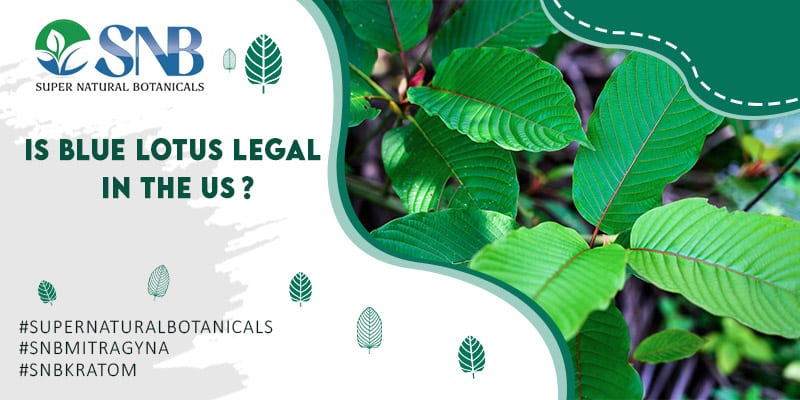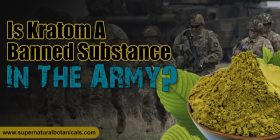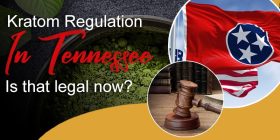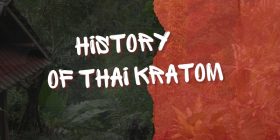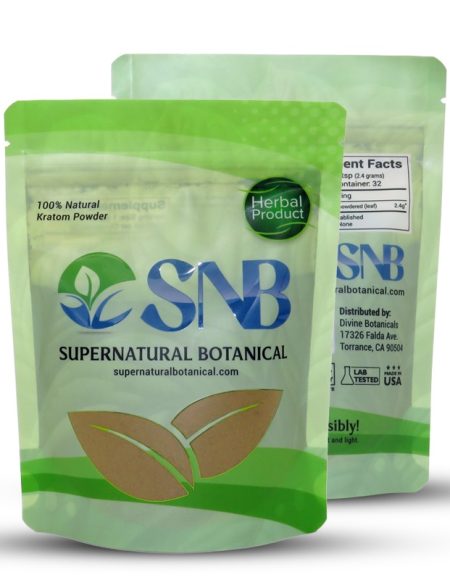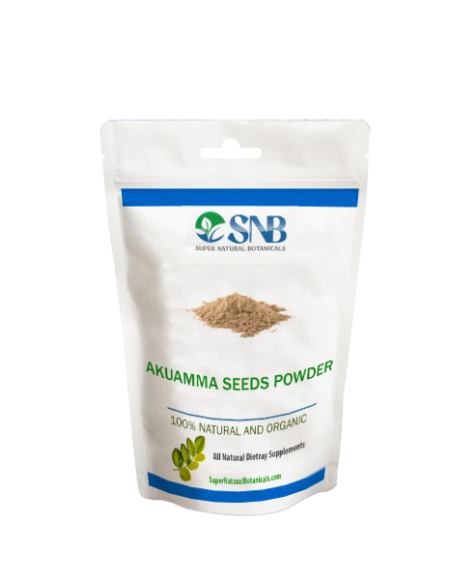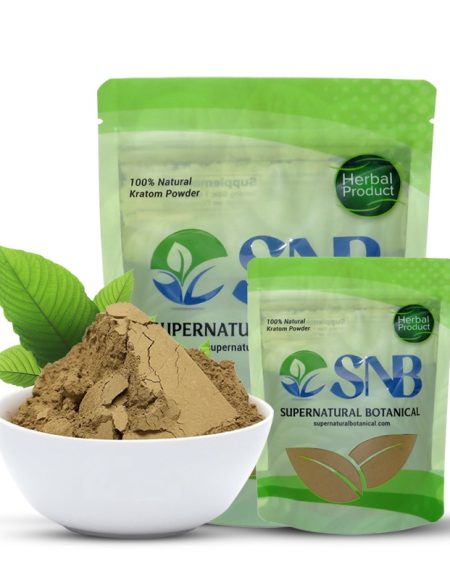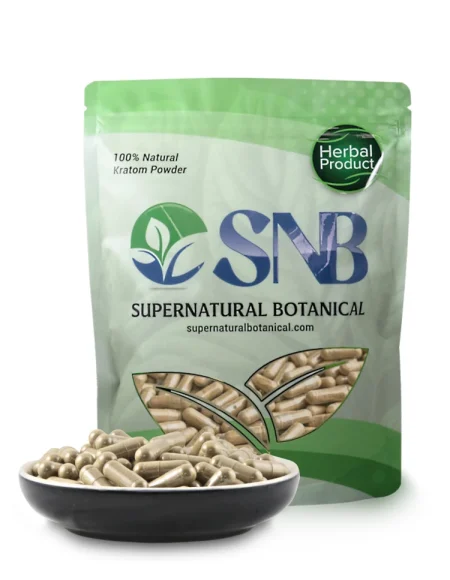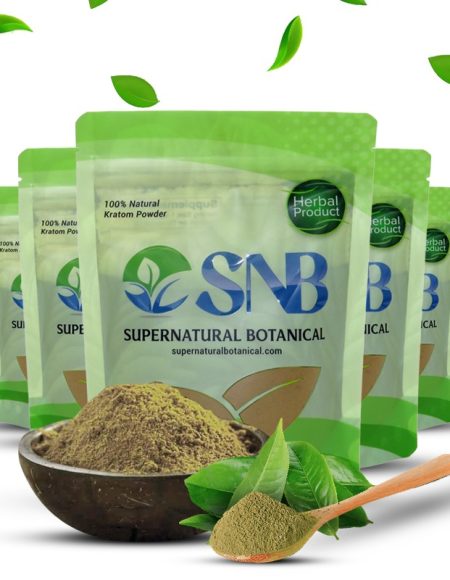Blue lotus, also known as Nymphaea caerulea, is a psychoactive plant used for mild sedation effects. This multipurpose plant has descended from our ancient Egyptians, but the interest is still preserved among us. However, whenever someone wants to begin consuming it, the first question that comes to their mind is blue lotus legal? Well, we are here to solve all your queries.
Legality issues with these blue lotus plants are the one problem that consumers have to face every day. Every country has different regulations related to it, which makes it puzzling at times. A similar is in the US; a few states have banned blue lotus flowers while few have no issues with human consumption.
Where Is Blue Lotus Legal And Illegal Within The USA?
According to US federal law, psychoactive lotus is uncontrolled in the United States, which means that every part of this plant is legal to cultivate, buy, possess, and sell without any license or prescription. However, the consumers must consider that the U.S Food and Drug Administration hasn’t approved using it by humans. Therefore, most of the sellers usually sell it in the form of teabags.
According to the U.S state law, only one state has made blue lotus completely illegal. Louisiana is a state of the US with a human population of 4.67 million; passed a law in 2005 that states that any possession, consumption, cultivation, growing, and trading of these plants is illegal if done for human consumption. However, it would not be considered illegal if it’s done solely for landscaping or decorative purposes.
It also stated that blue lotus is a “prohibited plant,” and whoever prepares this plant intending to be burned or smoked or place in the oral cavity or inhaled through the nose will be sentenced to imprisonment with or without hard labor for at least five years and will be fined not more than ten thousand dollars.
Reasons For Blue Lotus Illegality
Blue lotus flowers have two main active alkaloids; Aporphine and Nuciferine. When Aprophrine reaches inside the body, it gets converted into Apomorphine which, along with Nuciferine, acts on the brain dopamine receptor. Once these are activated, it provides the consumers with euphoria or sedation, depending upon the dosage.
When taken less than 5gms, it usually has no side effects; however, when it is taken in large amounts, it can cause hallucinations, nausea, vomiting, hot flashes, and disorientation in consumers. Several case studies have been published describing the toxic effects in patients who have recently consumed blue lotus. One case was of a male patient of 29 years old who had vaped blue lotus, came to the emergency with symptoms of loss of orientation, drowsiness, and was a bit agitated.
However, these symptoms resolved within 4 hours of the consumption. Another issue with it is that as it alters the dopamine and glucose levels, it can impact the health if used by people who already have abnormal glucose or dopamine levels. Hence, consumers must use caution.
Due to its potential for abuse and various side effects, states like Loiuosina ban the consumption of blue lotus.
What Is The Legal Age To Purchase And Use Blue Lotus?
As the blue lotus is not a regulated herb in all of the states of the US except for Louisiana and is not classified as a dangerous drug, even minors can buy and consume blue lotus. However, most sellers on the internet and online forums usually require the buyers to be over 18 and not be used for human consumption.
Can You Travel With A Blue Lotus?
If blue lotus is brewed as tea, it can’t pass through the checkpoints of airports, and if someone wants to smoke it, it is not allowed on airplanes. Hence, flowers packed in baggage would be the right way to travel with blue lotus to enjoy the tea in other countries.
Pros And Cons Of Legalization
The negative aspects associated with blue lotus legalization in the US are:
- It is widely used among ages 19 to 29 years. Many of them experience symptoms and visit the emergency room.
- A large sum of money is spent on these emergency medical services for each patient.
- It has the potential for side effects such as tachycardia, altered mental status, and hallucinations.
- It has the potential for abuse when used in large amounts daily.
- It can alter glucose and dopamine levels in those patients who already have an abnormal range of these two.
On the other hand, the positive aspects of blue lotus legalization are:
- Blue lotus can be used for medicinal purposes to treat Gastrointestinal disorders, provide relaxation, help digestion, etc.
- It is also a great skincare product as it acts as a natural moisturizer and prevents the recurrence of pimples.
- It reduces uneasiness and provides a state of euphoria.
- It can be used as an alternative to marijuana.
- Many of the people have started the business of selling blue lotus online, hence additional jobs for the economy.
- It would reduce the amount spent on court cases of blue lotus arrests each year.
Conclusion
Even though blue lotus legal in almost all states of the U.S, it is still advised to take precautions. There may be harmful effects associated with consumption that are still unknown; hence, blue lotus is still being researched.
Reference:


